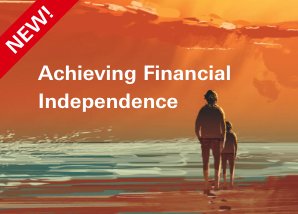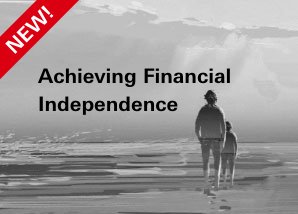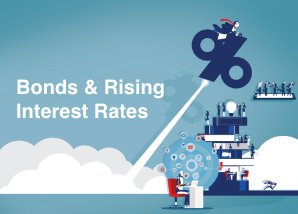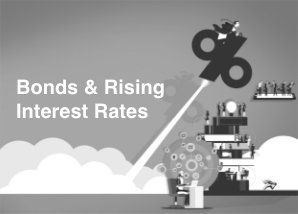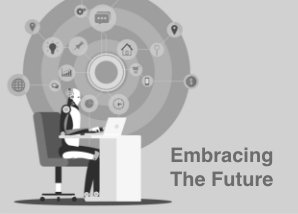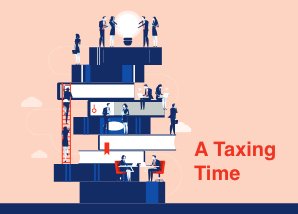Building Your Golden Nest
For many of us who have been working for a large part of our adult lives, the retirement years are certainly something that we look forward to. Many retirees describe their post-working years as a fresh breath of life that makes them feel younger than ever before.
This is the time to pursue activities you wanted to do but did not have the time or resources during your younger days. With an average life expectancy for women at 76 years and men at 72 years1, Malaysian retirees could now have as many as 20 years or more to enjoy their golden years.
However, to some, retirement means depending on your family to support your lifestyle. HSBC’s research study, “The Future of Retirement III” found that most respondents cited their family as their most important source of retirement income2.
But should that really be the case?
After all, it’s only natural you want to enjoy the fruits of your labour without restriction and be financially independent. Depending on others can mean watching your dreams taking a backseat, especially when faced with burdening loved ones for your retirement income. But growing old doesn’t necessarily mean you have to constantly worry about running out of savings or the threat of illnesses or disabilities.
In retirement, you should be able to pursue your interests while enjoying the same level of living standards, and the best way to this path is by achieving financial independence for yourself. In most cases, to be able to enjoy the same level of living standards in retirement, you would need between 70% to 80% of your current income. Relying solely on your EPF might not sustain you throughout your golden years, especially with the unpredictability of life as anything can happen.
Your EPF, while a good start to saving for the retirement years, would not give you adequate income spread over 20 years for you to enjoy the standard of living you seek in your golden years. In fact, statistics suggest that 70% of retirees use up all their EPF savings within three years of retiring. It is no wonder then that only 14% of Malaysians are confident about their preparation for retirement now compared with 23% in 20073.
So how do you stay ahead of the game? The key is to build your retirement nest egg as early as possible to ensure that you continue to derive a regular stream of retirement income well into your golden years. Malaysians have certainly started to take heed. We are now starting to plan for retirement at the age of 34 versus 37 in 2007. Start planning ahead and ensure that your retirement is protected from factors like inflation, economic fluctuations and health issues.
By doing so, you can look forward to living out your retirement years to the fullest.
Seek professional advice
A research study by HSBC, “The Future of Retirement”, revealed that up to 73% of respondents failed to seek advice from financial professionals. Perhaps this may explain why 77% of Malaysian are putting their money in low-yielding savings vehicles. While reading a few books about investments is good knowledge, it doesn’t make you a pro. Your best bet when planning for your retirement is still a financial professional who can assess your current financial position and give you unbiased advice on how to reach your retirement goals. Consult with our financial professionals and let us help you strategically plan your preferred retirement today.
Diversification is key
Familiar with the adage “Never put all your eggs in one basket”? It holds true when you are planning for your retirement. You should look at ways to not just create wealth for your retirement, but also to protect that wealth. For example, unexpected health complications in your later years can easily wipe out all your retirement savings and put a dent in your retirement plans. With the help of your HSBC or HSBC Amanah Relationship Manager, you’ll be able to tap into retirement products that can help you diversify your retirement savings portfolio that both create and protect wealth. And if you start planning early for your retirement with us, you can benefit through potentially attractive regular payouts and Longevity Bonus^.
Stretching your Employees Provident Fund (EPF)
While withdrawing your EPF in a lump sum is tempting, the smarter option is to opt for periodical withdrawals over the period of your retirement. This will ensure that you will not use up all your EPF savings within the first few years of your retirement. Also, be wise about what you do with the EPF withdrawals. While you may use a portion for your retirement expenses, you should also consider re-investing your EPF withdrawals into low-risk investments that can provide better returns than EPF.
HSBC Retirement Protection Plan**
Consider HSBC’s Retirement Protection Plan. You can withdraw from your EPF savings at the age of 50 and 55 to fund this plan with a minimum single contribution amount of RM100,000 or a minimum regular contribution of RM1,000 a month to help grow your savings and preserve your wealth against the effects of inflation over a certain time period. Plus, it will provide you with a regular stream of retirement income up till the age of 75.
Learn more about HSBC’s Retirement Protection Plan:
- Talk to your Personal Banker or Relationship Manager
- Call us at 1 300 88 0181
- Click www.hsbc.com.my
Source:
1. The Star: “Can you retire?” and “Counting on the nest egg”, 27 May 2007
2. HSBC’s Future of Retirement III, Malaysia Report
3. The Star: “Saving early for retirement”, 21 June 2009.
^ Provided that the Certificate is not cancelled, surrendered or terminated due to death/Total and Permanent Disability (TPD)/Critical Illness (CI) prior to maturity.
**Retirement Protection Plan is managed by HSBC Amanah Takaful (Malaysia) Sdn. Bhd. (Company No. 731530-M)
It takes many years to build up your assets
How you want them distributed can only be indicated by a Will
1. What is a Will?
Document which contains the Testator’s wishes on matters which will take effect after his lifetime.
2. How does it work?
The Executor must administer the deceased’s estate according to the Will.
3. What is required?
For a Will to be valid, certain formalities must be observed.
4. How to do it?
Testator must follow section 3, 4 and 5 of the Wills Act 1959.
5. What is the law governing it?
The Wills Act 1959.
6. What happens if you don’t have a Will?
Assets will be distributed according to the Distribution Act 1958 (amended in 1997).
7. How do I go about getting a Will?
Testator may prepare his own Will or sign up for HSBC Will Writing Services.
8. What requirements are needed to do a Will? Witnesses? Etc
Testator must be at least 18 years of age and of sound mind. The Will must be made in writing and signed by a Testator in the presence of two Witnesses.
9. Is a Will applicable to everyone or can it be overridden by Shariah Law?
Muslims can also make a Will to dispose up to 1/3 of their net assets to Non Heirs. However Muslims cannot make a Will to change the Heir’s entitlement under Faraid. Example is as follows:
10. What are the advantages of having a Will?
Testator can appoint an Executor to administer his estate and nominate a Guardian for his minor children.
11. How do I exercise the Will when someone has passed on?
The Executor will need to use the Will to apply for Grant of Probate to “unfreeze” Testator’s assets.
August 2010


 LIKE THIS ARTICLE?
LIKE THIS ARTICLE?








